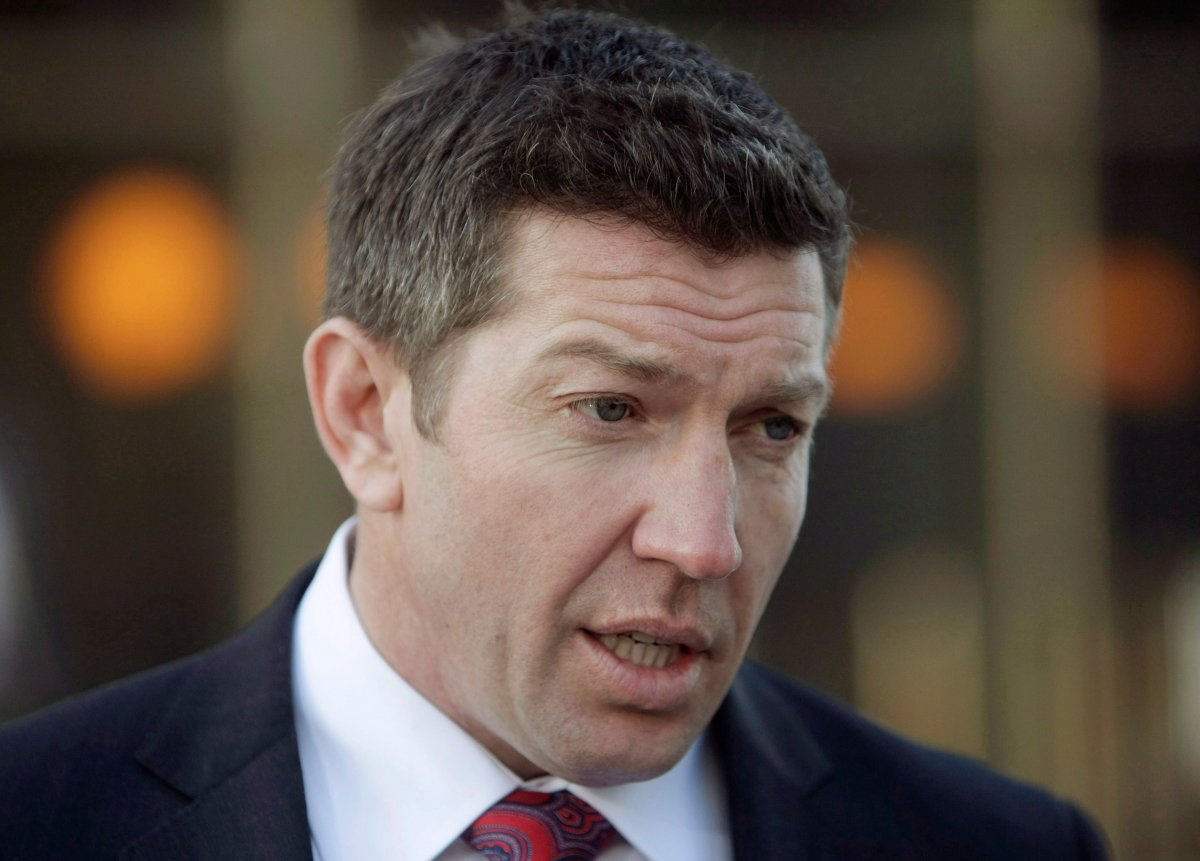For nearly two decades, Garry Prokopishin welcomed troubled teenage boys into his home and preyed on their vulnerability.

For years, his abuse went undetected; his victims suffered in silence.
READ MORE: Former Foster Parent of the Year sentenced to 10 years for sex abuse
He was arrested in 2010 and convicted of multiple counts of sexual exploitation.
Michael Matthews was one of those victims.
“No one knew what was going on behind the scenes,” Matthews said. “He always used to tell us if we told anyone, the older brothers would beat us up.”
Watch part 1 below: Nancy Hixt reports on one man’s story of abuse in the Alberta foster care system

Beyond the threats, Matthews felt no one would believe him.
By 14 years old, he was already an alcoholic and a troubled young man.

Get breaking National news
Prokopishin, on the other hand, was a pillar of the foster community — once named foster parent of the year.
The story has striking similarities to that of former “hockey man of the year” Graham James.
“It’s eerily similar,” said Sheldon Kennedy, who was a victim of James.
“They want to be in that position because it gives them a position to have access and power and authority over children and the systems.”
“Who is going to believe the troubled kid?”
Kennedy said it was clear people viewed him as the troubled kid and said the perception was that James was trying to help him.
But in reality, “it was the exact opposite,” Kennedy said.
The problem is—Kennedy said no one looked into “why.”
If abuse was happening, why didn’t they tell anyone sooner?
“So many times in society we fall back on, ‘Well the kid didn’t say anything,’ right?”
Kennedy says he was telling — just in actions, not words.
“Kids are telling when they want to drop out of sports, when they start failing out of school, when they start getting into drugs and alcohol, when they start getting arrested,” he said.
Matthews said he always wished someone would have connected the dots, recognized the signs of abuse—and intervened.
“I’ve always told myself my kids would never go through what I went through,” he said. “That would never happen, because I know what it’s like to be in that situation.”
Global’s Fostering Change series continues Wednesday with Part 3.
Click here for Part 1



Comments